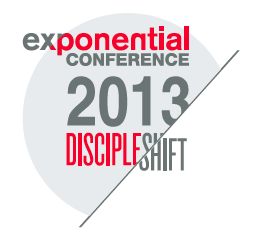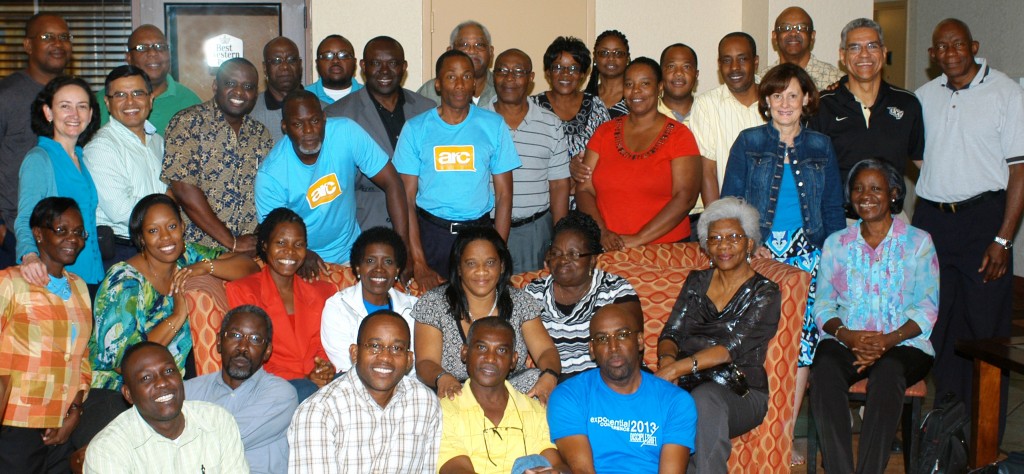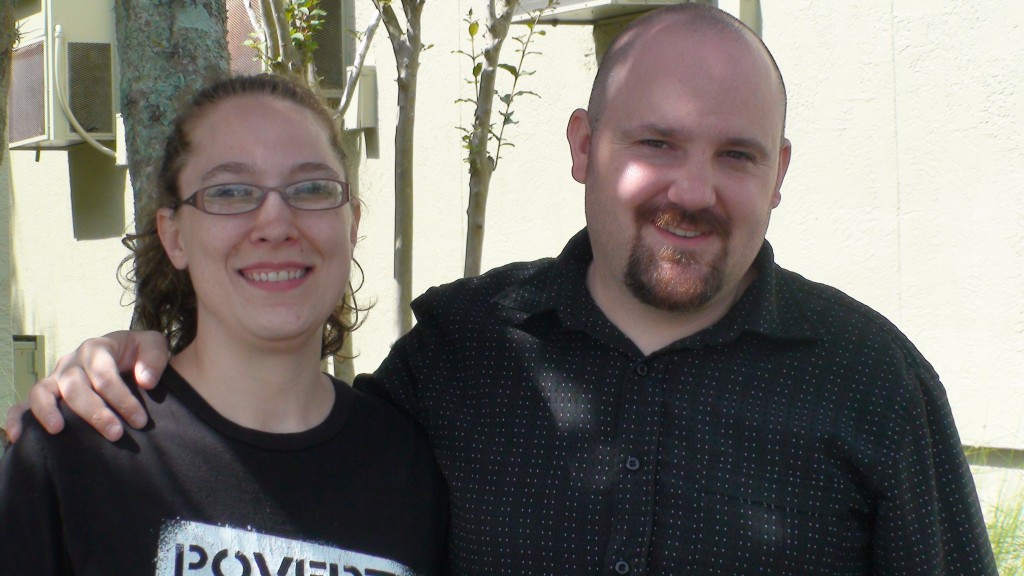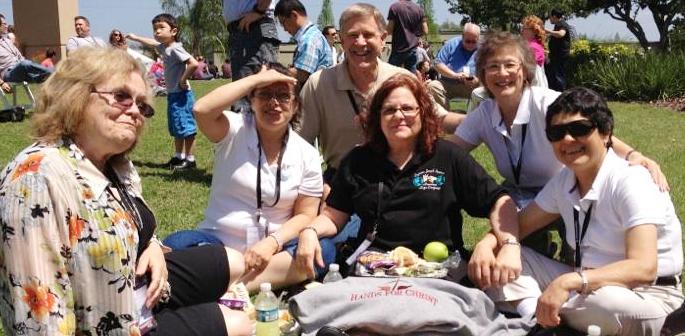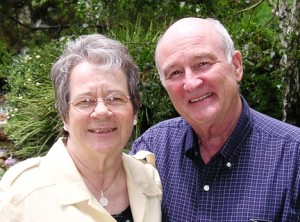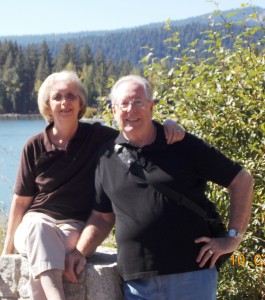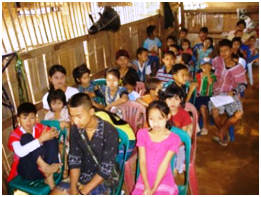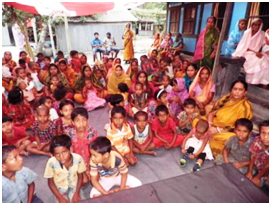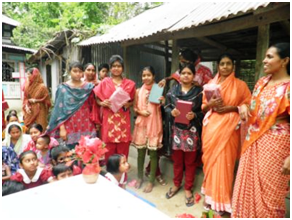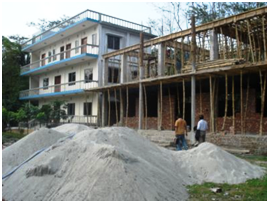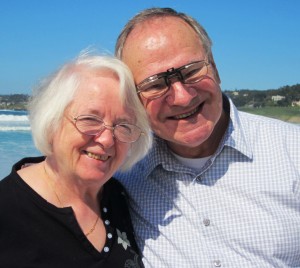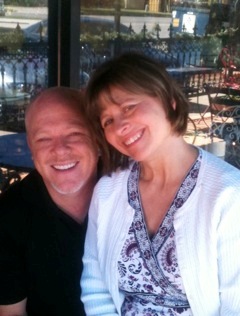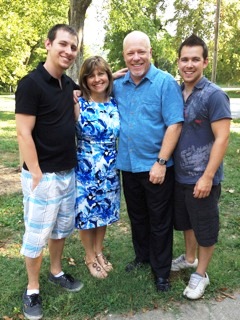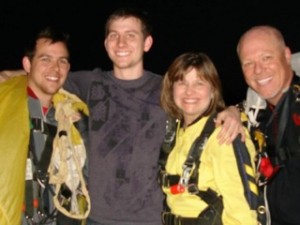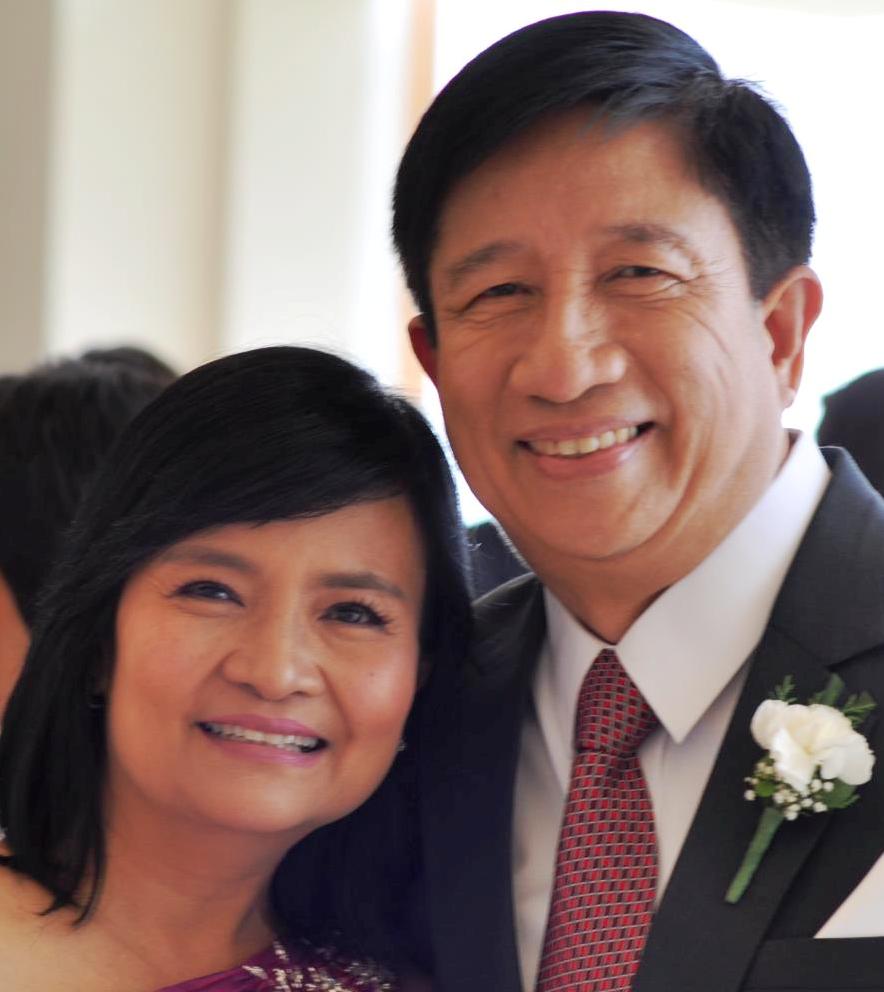Following is a sermon outline that expands on the message of Holy Week and the season of Easter concluding with Pentecost. It was written by GCI, Philadelphia member John Kossey. Hosanna Precedes Hallelujah
In this sermon we’ll remember the old, old story of Jesus and his love—his love for us unto death on the cross. Hosanna and hallelujah are distinct emotional exclamation points that help us understand what Jesus has done for us.
1. The core message
To the vain, “know it all” Corinthians, Paul focused, “not on lofty words of wisdom,” but “decided to know nothing among you except Jesus Christ and him crucified” (1 Corinthians 2:1–2, NRSV throughout except as noted). What Paul regarded “as of first importance,” was that “Christ died for our sins in accordance with the scriptures, and that he was buried, and that he was raised on the third day in accordance with the scriptures” (1 Corinthians 15:3–4). Paul explained to the Galatians, “I have been crucified with Christ….It was before your eyes that Jesus Christ was publicly exhibited as crucified” (Galatians 2:19; 3:1). And John praised Jesus as “the slain Lamb of God who takes away the sin of the world! (John 1:29), of whom it is declared: “For you were slaughtered and by your blood you ransomed for God saints from every tribe and language and people and nation; you have made them to be a kingdom and priests serving our God…” (Revelation 5:9–10).
Anticipating his death, resurrection and ascension, Jesus made provision for “another Advocate” to be with his disciples “forever” (John 14:16). That Advocate, the Holy Spirit, promised Jesus, “will teach you everything, and remind you of all that I have said to you” (14:26). The Spirit, who abides in and among the people of God (John 14:17), inspired John to devote considerable attention to the final week of Jesus’ earthly life (chapters 12 through 20). Indeed, the Spirit illuminates significant aspects of Jesus’ journey to the cross–a journey that, according to some theological scholars, included the entirety of our Lord’s life here in earth.
2. Jesus the Nazorean
Soldiers who came to arrest Jesus asked twice for “Jesus the Nazorean” (John 18:5, 7 margin)—the same title that Pilate had written and placed on the cross in multiple languages (“Jesus the Nazorean, King of the Jews”; John 19:19 margin). Jesus even used this title after His resurrection:
- “I fell to the ground and heard a voice saying to me, ‘Saul, Saul, why are you persecuting me?’ I answered, ‘Who are you, Lord? Then he said to me, ‘I am Jesus of Nazareth [margin: the Narzorean] whom you are persecuting’” (Acts 22:7-8).
In the four gospels, John and Matthew use nazōraios whereas Mark and Luke prefer nazarēnos. After Herod’s death following the slaughter of the infants, Joseph departed Egypt and returned to Israel with his family and “made his home in a town called Nazareth, so that what had been spoken through the prophets might be fulfilled, ‘He will be called a Nazorean’”(Matthew 2:23). There is a complication here in that no Old Testament passage relates Nazareth (a town) to a messianic person. However, “Nazareth” has a root meaning in the word “branch” (netser). Qumran writings synonymously link netser with samah. Note these words in Scripture:
- Isaiah 11:1: “A shoot shall come out form the stump of Jesse, and a branch [netser] shall grow out of his roots.”
- Zechariah 6:11-13: “…Thus says the Lord of hosts: Here is a man whose name is Branch [samah]: for he shall branch out in his place, and he shall build the temple of the Lord. It is he that shall build the temple of the Lord; he shall bear royal honor, and shall sit upon his throne and rule.”
- John 2: 19-21: “Jesus answered them, ‘Destroy this temple, and in three days I will raise it up.’ The Jews then said, ‘This temple has been under construction for forty-six years, and will you raise it up in three days?’ But he was speaking of the temple of his body.”
John’s Gospel helps us understand the crucifixion and resurrection of Jesus as the destruction of his embodied temple and his raising up and inaugurating a personalized temple/Father’s house/household that the Holy Spirit would constitute and continually vitalize: ”
- “‘And I, when I am lifted up from the earth, will draw all people to myself.’ He said this to indicate the kind of death he was to die” (John 12:32).
Jesus “learned obedience through what he suffered” (Hebrews 5:8). He endured the unspeakable agony of crucifixion, overcame death and the grave and rose victorious through the Father and the Spirit in order to prepare an inclusive “temple of the living God” (2 Corinthians 6:16) for not only his disciples, but ultimately for all humankind. According to one commentator, “The Father’s house will no longer be a construction of stones, but will be a household of many interpersonal relationships, many dwellings, where the Divine Presence can dwell with believers.”
In accord with the title Pilate had written, Jesus the Nazorean is our temple of divine glory and the messianic temple builder of God’s presence (see John 1:14; 2:21; 17:23 and 1 Corinthians 6:19). Hallelujah—praise God!
3. The Lamb of God
Let’s read John’s account of Jesus’ entry into Jerusalem, days after he had raised Lazarus from the grave (the following translation is from Anchor Bible, chapter 12:9–19, emphasis added):
Now the large crowd of the Jews found out that that he was there and came out, not only because of Jesus, but also to see Lazarus whom he had raised from the dead. The chief priests, however, planned to kill Lazarus too, because on his account many of the Jews were going over to Jesus and believing in him. The next day the large crowd that had come for the feast, having heard that Jesus was to enter Jerusalem, got palm fronds and came out to meet him. They kept on shouting: “Hosanna! Blessed is he who comes in the Lord’s name! Blessed is the King of Israel!” But Jesus found a young donkey and sat on it. As the Scripture has it: “Do not be afraid, O daughter of Zion! See, your king comes to you seated on a donkey’s colt.” At first, the disciples did not understand this; but when Jesus had been glorified, then they recalled that it was precisely what had been written about him that they had done to him. And so the crowd which had been present when Jesus called Lazarus out of the tomb and raised him from the dead kept testifying to it. This was [also] why the crowd came out to meet him: because they heard that he had performed this sign. At that the Pharisees remarked to one another, “You see, you are getting nowhere. Look, the world has run off after him.”
Jesus’ entry into Jerusalem took place on 10 Abib/Nisan. Moses passed instructions to Israel to select a male lamb (sheep or goat) on day 10 of Abib/Nisan for sacrifice late on 14 Nisan before or through twilight (Exodus 12:3–6). Not only did these days afford time to verify that the lamb was without blemish and suitable for sacrifice, the family could and did become attached to their lamb, not just any lamb. By the time of Jesus, rabbinic tradition called for the high priest to go out through the North Gate of Jerusalem sometime after the morning sacrifice to select the best of the best yearling for the Passover. A considerable procession of priests would ceremoniously line the streets to honor the high priest’s return with the perfect sacrificial lamb. Meanwhile, a crowd who had witnessed the raising of Lazarus accompanied Jesus on his way to Jerusalem. Crowds of people who had heard about this unprecedented miracle—imparting life to Lazarus who had been dead for four days—poured out of Jerusalem’s East Gate, eager to see the Coming One. The crowds grew confident, reasoning that since Jesus had power to raise the dead (and feed a large crowd, John 6:14), “the prophet who is to come into the world” could surely free the Jews from Caesar’s brutal oppression.
The people of Jerusalem were selecting their Messiah-King at the time that Caiaphas the high priest was seeking the perfect Passover lamb during daylight of 10 Nisan.
- John 12:13: “So they took branches of palm trees and went out to meet him, shouting, ‘Hosanna! Blessed is the one who comes in the name of the Lord—the King of Israel!’”
Hosanna is literally either hosha na or the longer compound, hoshiah na—“save now” or “save, please.” The Greek word for hosanna is a transliteration of Hebrew, not a translation.
- Psalm 118:25–26: “Save us, we beseech you, O Lord! [hoshiah-na] O Lord, we beseech you, give us success! Blessed is the one who comes in the name of the Lord. We bless you from the house of the Lord.”
Some of the crowds were crying out to select Jesus as their new King of Israel. The psalm says nothing about a nationalistic king. And the use of palm branches to greet a potential liberator evoked or suggested Maccabean nationalism. Crowds that pleaded for Jesus to save them from Roman brutality as king of the Jews turned on him just days later. And before Pilate, Jesus asserted, “My kingdom is not from this world” (John 18:36).
At this point Jesus enacts his true identity by seating himself on a donkey, not riding militantly on a horse into Jerusalem. His purpose is to undergo crucifixion, death and resurrection in order to draw all humankind to himself as worldwide Messiah. His raising of Lazarus promised the gift of life not just for Israel but for people across the earth.
Jesus did not enter Jerusalem as a “triumphal entry” of kingly hallelujah that brought an immediate political solution for Israel. Instead, Jesus chose a “donkey entry” of hosanna—saving the whole world that the Father loves by submitting to crucifixion and death.
Points to Ponder
- The distinction between hallelujah—Praise God!; and hosanna—Save/help us, please!; has become blurred through the centuries. Music and messages typically assume they mean the same concept. Hosanna is an urgent plea, petition, or cry for help. Hallelujah is a grateful exclamation of praise to God (see “Hosanna” in Anchor Bible Dictionary, 3:290–291).
- We can learn anew that Jesus the Nazorean is “King of kings and Lord of lords” (Revelation 19:16) because he faithfully obeyed God the Father through suffering unto death on the cross. He has incorporated us, through the Spirit-Paraclete, into the temple of the living God.
- Jesus refused to become just another temporal king of the Jews, despite the pleading hosannas from Jerusalem’s Passover crowds. They urged him to become a liberating king on 10 Nisan, when Passover lambs were being selected.
- Reflect upon our need to exclaim, “Hosanna!” to “the Lamb of God who takes away the sin of the world” (John 1:29). He gave himself to public scrutiny, scorn, suffering, desolate rejection and humiliating crucifixion to be lifted up and glorified. In our urgent need, let us remember the concise prayer, “Hosanna!”—“Save [or help], please!”
- Instead of saving himself from the cross, “Christ through the eternal Spirit, offered himself without blemish to God” (Hebrews 9:14).
Hosanna precedes hallelujah. Praise God!



